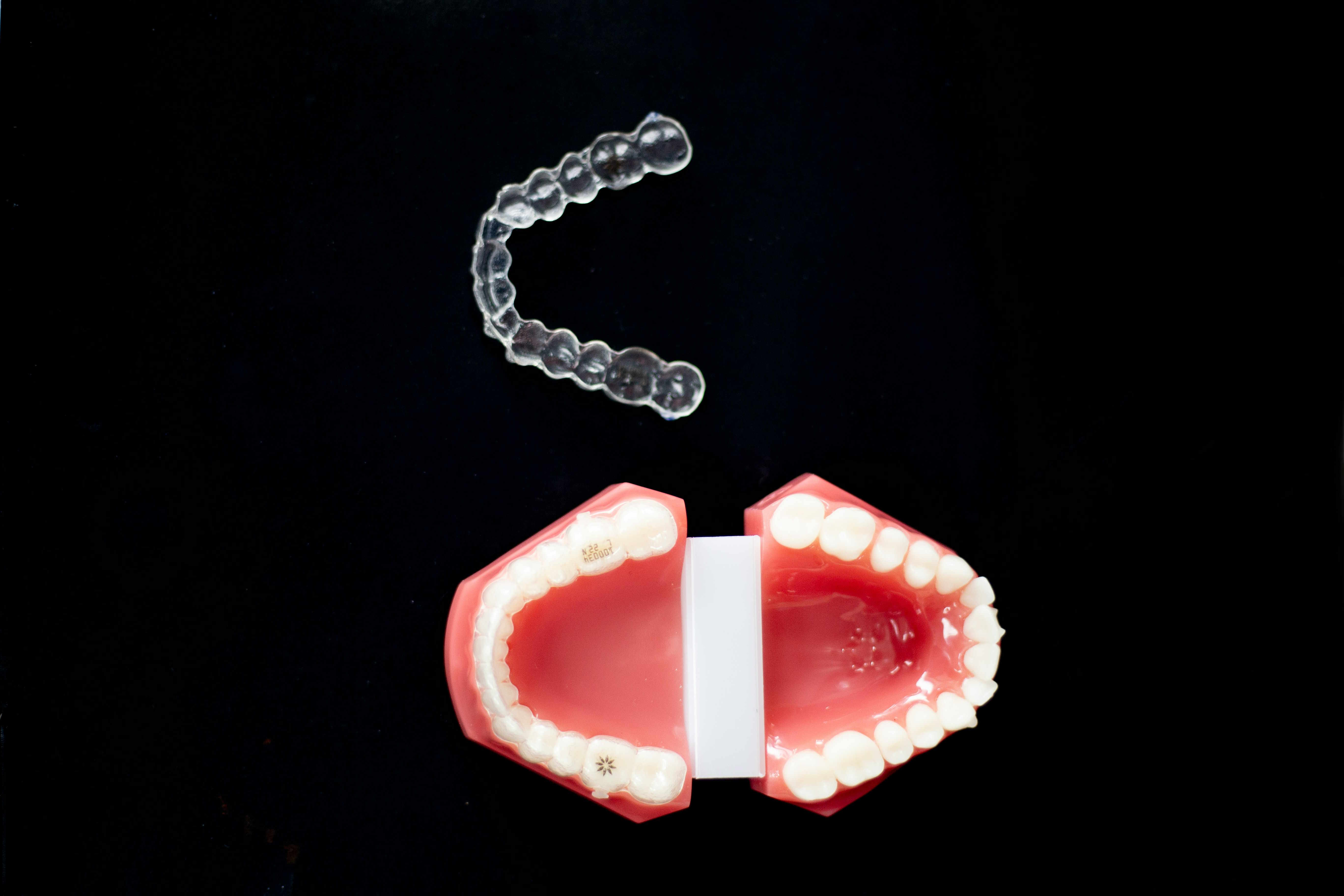How Screwless Dental Implants May Affect Overall Costs
Screwless dental implants use a different attachment method that can influence fit and maintenance over time. This overview explains how screwless implant costs relate to full mouth procedures and what affects the price of dental implants in general.

What are screwless dental implants and how do they differ?
Screwless dental implants, also known as friction-fit or press-fit implants, use a different attachment method compared to traditional screw-retained implants. Instead of relying on screws to secure the abutment and crown, these implants utilize a friction-based system. The implant body is designed with a tapered internal connection that allows the abutment to be pressed into place, creating a secure fit without the need for screws.
This design offers several potential advantages, including improved aesthetics due to the absence of visible screw access holes, reduced risk of screw loosening, and simplified maintenance procedures. However, the unique design and manufacturing process of screwless implants can influence their cost structure.
How does the design of screwless implants impact their cost?
The design of screwless implants often involves more complex manufacturing processes and precision engineering to ensure a reliable friction fit. This can result in higher production costs for the implant components. Additionally, the specialized tools and techniques required for placement may contribute to increased costs for dental practices, which can be reflected in the overall treatment price.
However, it’s important to note that the initial higher cost of screwless implants may be offset by potential long-term savings. The reduced risk of screw-related complications and easier maintenance could lead to fewer follow-up appointments and replacements over time, potentially lowering the overall lifetime cost of the implant.
What factors influence the cost of dental implants by treatment type?
The cost of dental implants varies significantly depending on the specific treatment type and individual patient needs. Some key factors that influence pricing include:
-
Number of implants required
-
Need for preparatory procedures (e.g., bone grafting, sinus lifts)
-
Type of restoration (single crown, bridge, or full arch)
-
Materials used for the implant and restoration
-
Complexity of the case
-
Geographic location of the dental practice
For example, a single tooth replacement with a screwless implant may have a different cost structure compared to a full mouth reconstruction using multiple implants. The latter would typically involve higher overall costs due to the increased number of implants, more complex planning, and extensive restoration work.
How do affordable implant prices vary across providers?
| Provider | Single Implant Cost Range | Full Mouth Implants Cost Range |
|---|---|---|
| ClearChoice Dental Implant Centers | $3,000 - $5,000 | $20,000 - $50,000 |
| Aspen Dental | $2,000 - $4,000 | $15,000 - $40,000 |
| Affordable Dentures & Implants | $1,500 - $3,000 | $12,000 - $30,000 |
| Local Private Practice (Average) | $3,500 - $6,000 | $25,000 - $60,000 |
Prices, rates, or cost estimates mentioned in this article are based on the latest available information but may change over time. Independent research is advised before making financial decisions.
The cost of dental implants can vary significantly across providers, with some offering more affordable options than others. Factors influencing these price differences include the provider’s location, expertise, technology used, and business model. Some dental chains and specialized implant centers may offer lower prices due to higher volume and streamlined processes, while private practices might charge more but provide more personalized care.
It’s crucial to consider not just the initial cost but also the quality of materials, experience of the practitioner, and long-term support when comparing providers. Cheaper options may not always provide the best value in the long run, especially if they compromise on quality or follow-up care.
What does a full mouth dental implant cost breakdown typically include?
A full mouth dental implant procedure is a complex treatment that involves multiple components and stages. A typical cost breakdown might include:
-
Initial consultation and 3D imaging
-
Extraction of remaining teeth (if necessary)
-
Bone grafting or sinus lifts (if required)
-
Placement of dental implants
-
Temporary prosthetics
-
Healing and integration period
-
Abutments and final prosthetics
-
Follow-up appointments and adjustments
Each of these elements contributes to the overall cost, which can range from $25,000 to $60,000 or more for a full mouth reconstruction, depending on the specific treatment plan and provider.
How does the price of dental implants vary by location?
The cost of dental implants can vary significantly based on geographic location. Generally, urban areas and regions with a higher cost of living tend to have higher prices for dental procedures, including implants. For example, dental implants in New York City or San Francisco may cost more than in smaller cities or rural areas.
Factors contributing to these regional price differences include:
-
Overhead costs for dental practices (rent, utilities, staff salaries)
-
Local competition among providers
-
Demand for cosmetic and restorative dental services
-
Availability of specialized dental professionals
Some patients opt for dental tourism, traveling to countries where dental implant procedures are significantly less expensive. However, this approach comes with its own set of risks and considerations, including the quality of care, follow-up treatment, and potential complications.
In conclusion, while screwless dental implants may have a different cost structure compared to traditional implants, their overall impact on treatment costs depends on various factors. Patients should carefully consider the long-term benefits, potential savings in maintenance, and the specific requirements of their case when evaluating the cost-effectiveness of screwless implants. As with any dental procedure, it’s essential to consult with a qualified dental professional to determine the most appropriate and cost-effective treatment plan for individual needs.
This article is for informational purposes only and should not be considered medical advice. Please consult a qualified healthcare professional for personalized guidance and treatment.




